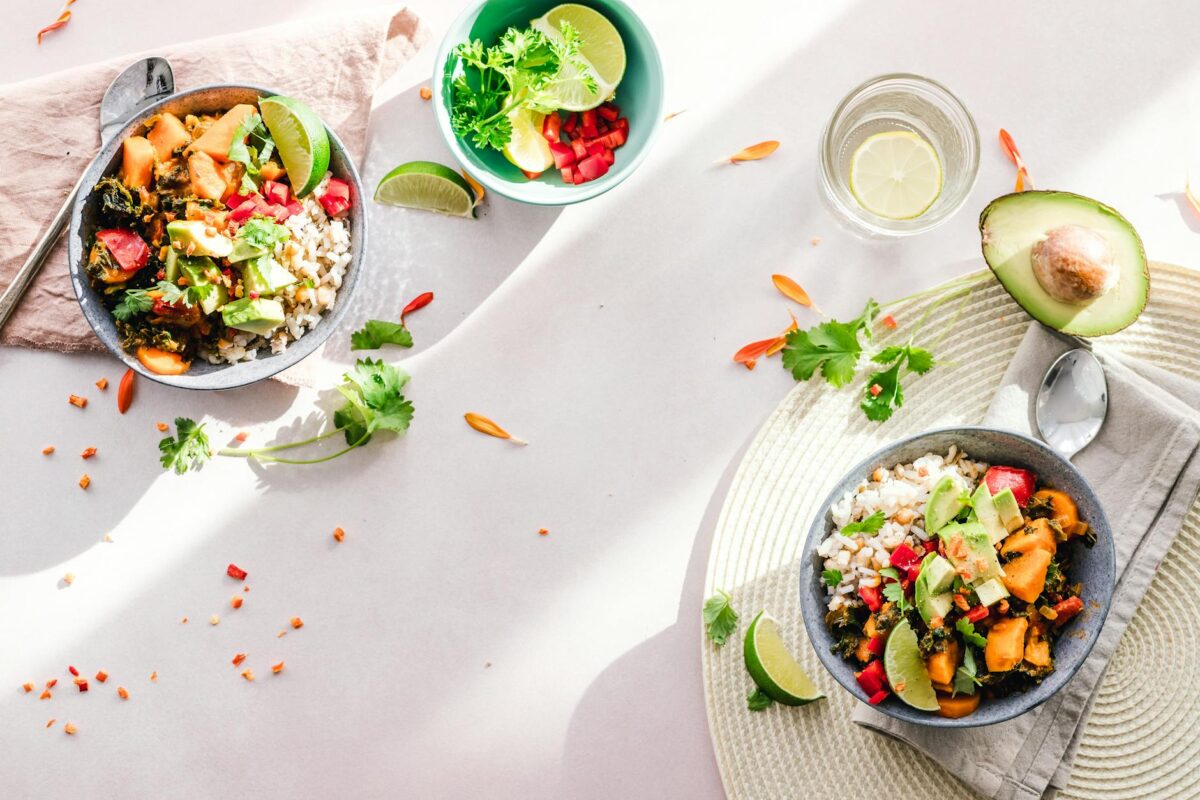Estimated reading time: 3 minutes
This post may contain affiliate links, meaning I may receive a commission if you purchase. It is free of charge. For more information, please see my disclaimer.
When you search Google for an “anti-inflammatory diet,” a lot comes up. Many sites hail certain foods as miracle fixes for inflammation, when in reality, nutritionists, dietitians, and other scientists alike are still researching exactly how inflammation is related to our diet. Despite this, researchers have determined some foods that may contribute to inflammation and some that may reduce it.
Inflammation is a natural process that happens when our body is fighting off illness or recovering from injury. In these situations, inflammation is perfectly normal. However, some people may experience prolonged or chronic inflammation due to conditions such as arthritis, psoriasis, asthma, cancer, heart disease, or even depression. This list will help you plan a healthier anti-inflammatory diet to give you the best chance of success.
Food to Avoid
The good thing about anti-inflammatory foods is that they’re generally foods that you would consider unhealthy. This makes following an anti-inflammatory diet slightly easier, as by avoiding unhealthy, processed foods, you’re probably also avoiding foods that may contribute to inflammation. Specifically, it’s been shown that the following foods may increase inflammation.
- Refined carbohydrates such as white bread, white flour, and pastries
- Fried food, including french fries
- Sugar-sweetened drinks
- Red meat and processed meat, such as hot dogs and sausages
- Margarine, shortening, and lard
Food to Eat
If the foods that are likely to cause inflammation are generally considered unhealthy, you might think it’s safe to assume the foods that may combat inflammation are the opposite. In that case, you would be right. A successful anti-inflammatory diet is a healthy one, specifically containing the following foods:
- Tomatoes
- Olive oil, particularly extra-virgin, is less processed, so it contains more healthy fats, antioxidants, and other compounds that reduce inflammation.
- Leafy green vegetables such as spinach, kale and broccoli
- Nuts, especially almonds, walnuts, pistachios and pine nuts
- Fatty fish such as salmon, mackerel, and tuna contain omega-3 fatty acids, which help lower the amount of C-reactive protein and interleukin-6 in the body, two proteins that contribute to inflammation.
- Fruit, including strawberries, blueberries, cherries, oranges, and apples these are rich in natural antioxidants
- Beans are full of antioxidants and anti-inflammatory compounds. Try different kinds of beans such as pinto, black, red kidney, and garbanzo.
A Successful Anti-inflammatory Diet Is Balanced
Now you know which foods may contribute to inflammation and which may reduce it, but, as with any diet, you need to apply this knowledge to your daily life in a balanced way for it to be effective. Aim for an overall healthy diet with lots of fruit, vegetables, nuts, whole grains, fish, and healthy fats. As a bonus, eating a more natural diet can improve your physical and emotional health.
For the best results, pair your anti-inflammatory diet with a commitment to getting enough sleep and exercise and you’ll be able to look forward to a healthier lifestyle and the best chance at reducing unnecessary inflammation.
Last updated on January 12th, 2025 at 03:27 pm
Discover more from Qwery M
Subscribe to get the latest posts sent to your email.




